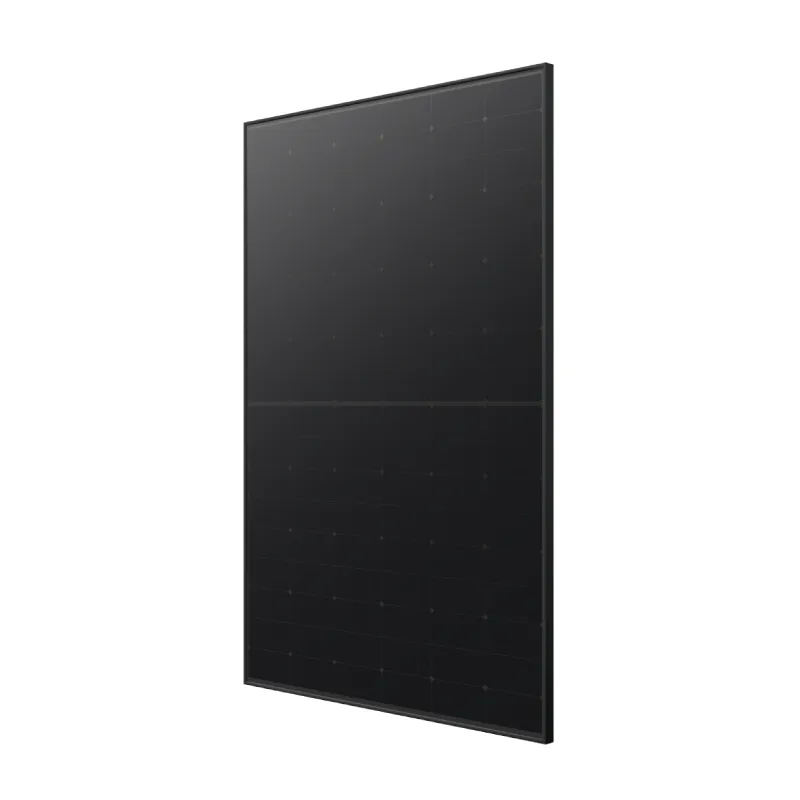Innovative Design for Hybrid Three-Phase Inverter Systems Enhancing Efficiency and Performance
Understanding Hybrid 3-Phase Inverters A Key Component in Modern Energy Systems
Hybrid 3-phase inverters are crucial components in the realm of renewable energy systems, particularly in solar photovoltaic (PV) and wind energy applications. These devices are designed to convert direct current (DC) generated from renewable sources into alternating current (AC), which is necessary for powering homes, businesses, and feeding energy back into the grid. The hybrid nature signifies that these inverters can manage multiple power sources, enhancing energy efficiency and reliability.
The Functionality of Hybrid 3-Phase Inverters
One of the primary functions of hybrid inverters is their ability to interface with various energy sources. They can convert energy from solar panels, energy storage systems (such as batteries), and even traditional generators, optimizing the energy flow depending on the availability and demand. This versatility is particularly beneficial in off-grid or micro-grid applications, where energy supply may fluctuate.
A 3-phase inverter operates with a three-wire system, making it suitable for industrial applications and large-scale solar installations. The three phases allow for a more balanced load distribution and greater energy transfer efficiency, reducing the risk of overload in any one phase. This balance is essential in industrial settings where heavy machinery runs on three-phase power.
Efficiency and Reliability
The hybrid 3-phase inverter offers significant advantages in terms of efficiency and reliability. By effectively managing fluctuations between different energy sources, it can minimize energy losses. Advanced control algorithms ensure that the inverter can switch between energy supplies based on real-time demands, thereby optimizing performance.
Moreover, these inverters often include built-in features such as Maximum Power Point Tracking (MPPT), which helps capture the maximum possible power from solar panels regardless of varying sunlight conditions. This capability enhances overall system efficiency and ensures that users receive the most energy possible from their installations.
hybrid 3 phase inverter

Integration with Energy Storage Systems
One of the standout features of hybrid 3-phase inverters is their compatibility with energy storage systems. As the world shifts towards renewable energy, the need for energy storage becomes increasingly important to buffer against variability in generation. Hybrid inverters can charge batteries when energy production exceeds demand and draw power from these storage units during periods of low generation or high demand.
This flexibility ensures that users can leverage renewable energy effectively, reducing dependency on fossil fuels and enhancing energy security. In this way, hybrid 3-phase inverters play a pivotal role in creating resilient energy systems capable of managing the uncertainties associated with renewable generation.
The Future of Hybrid 3-Phase Inverters
As technology advances, we can expect further innovations in hybrid 3-phase inverter designs. Enhanced communication protocols, integration with smart grid technology, and improvements in power electronics will likely lead to even more efficient and intelligent systems. These developments will make it easier for consumers to manage their energy use, reduce costs, and integrate a broader array of renewable energy sources.
Furthermore, governmental policies aimed at promoting clean energy adoption will drive the market for such inverters. As more businesses and homeowners become aware of the benefits of hybrid systems combined with energy storage, the demand for hybrid 3-phase inverters is expected to increase dramatically.
Conclusion
Hybrid 3-phase inverters represent a critical technology in the transition towards sustainable energy solutions. By incorporating flexibility, enhanced efficiency, and reliable energy management, these devices not only improve the performance of renewable energy systems but also contribute to a more resilient energy future. As energy demands continue to rise and climate concerns become more pressing, the role of hybrid inverters will only continue to grow in importance, making them a vital component in modern energy strategies.
-
Unlocking Energy Freedom with the Off Grid Solar InverterNewsJun.06,2025
-
Unlock More Solar Power with a High-Efficiency Bifacial Solar PanelNewsJun.06,2025
-
Power Your Future with High-Efficiency Monocrystalline Solar PanelsNewsJun.06,2025
-
Next-Gen Solar Power Starts with Micro Solar InvertersNewsJun.06,2025
-
Harnessing Peak Efficiency with the On Grid Solar InverterNewsJun.06,2025
-
Discover Unmatched Efficiency with the Latest String Solar InverterNewsJun.06,2025







